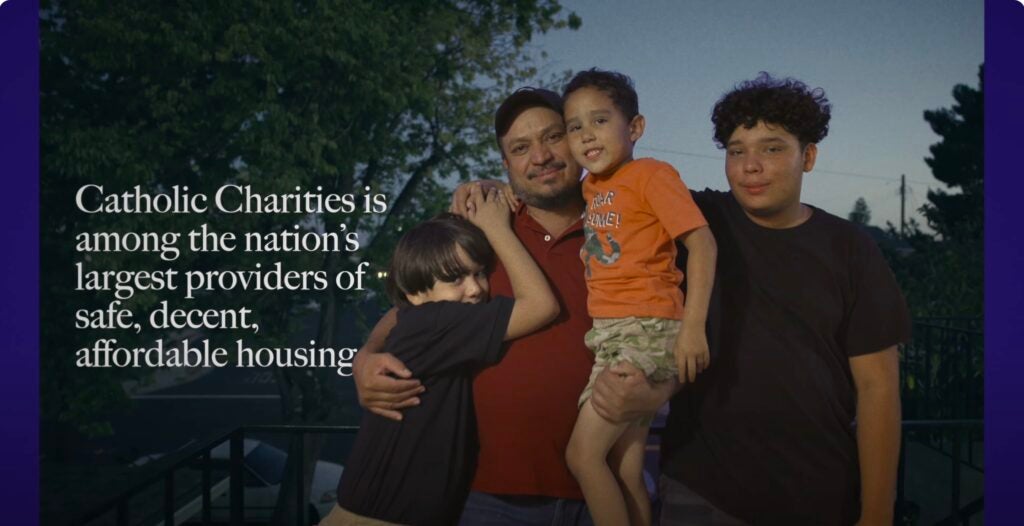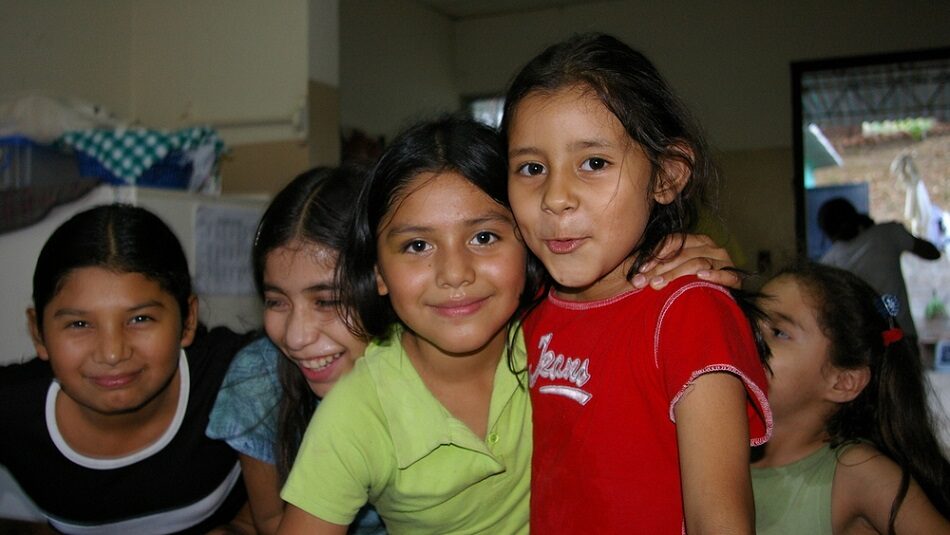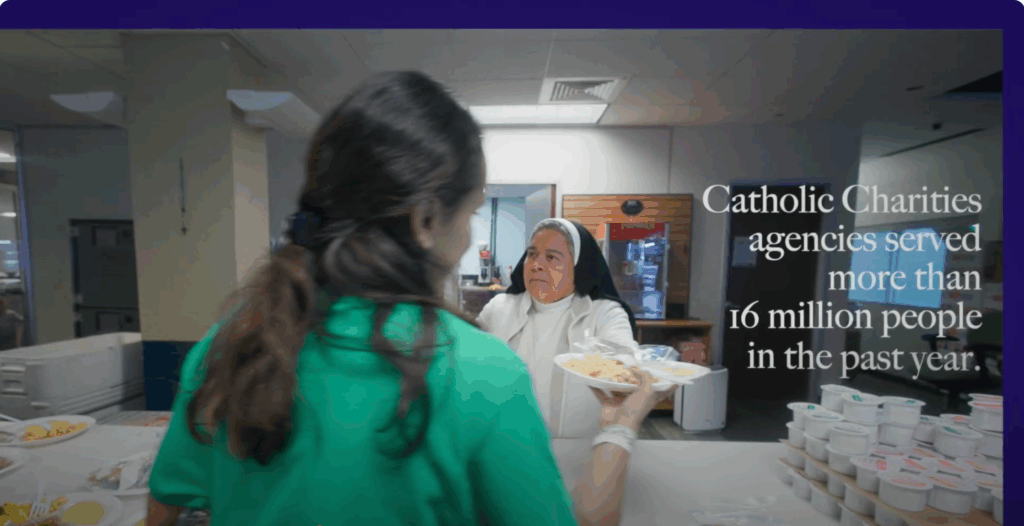

The Esperanza Center of Catholic Charities of Baltimore, located in the historic Fells Point neighborhood, welcomes newcomers to the United States and helps them to become citizens.
At the Esperanza Center, the immigrant community has access to comprehensive services that are provided via six major programs:
1. Educational Services, including classes in English as a Second Language (ESOL), computer literacy and citizenship;
2. Client Services, including referrals, resources, help in preparing letters, translations of documents, help with appointments, employment and transportation;
3. Health Clinic, including medical and dental services offered by volunteer doctors who have liability coverage through the Volunteers in Medicine Alliance;
4. Immigration Legal Services (ILS), including humanitarian and family-based relief services provided by 10 staff attorneys and nearly 100 volunteer attorneys;
5. Family Reunification Program (FRP);
6. Services for Foreign National Victims of Human Trafficking.
“We feel like having access to all of these services in one place where [clients] can find folks who speak their language, who know some of the cultural customs, and who welcome people with open arms, hopefully will help ease some of the burdens during the time they are being assisted here,” said Val Twanmoh, director of Esperanza Center.
The Esperanza Center serves more than 11,000 individuals each year. Clients come from all over the world, but the majority come from Central and South America. They find Esperanza in various ways: many by word of mouth and others – especially those in the FRP – through association with the federal government.
Among the programs, Client Services – which is a kind of catch-all – gets the most use with about 5,000 inquiries annually. ESOL classes, part of Educational Services, is a major draw, too. More than 450 adults and more than 120 children each year participate in the English classes. While the Health Clinic and Services for Victims of Human Trafficking programs focus on the healing of clients, the ILS and FRP concentrate on stabilizing the lives of immigrants in Maryland.
“The way I see it is that once a person steps into the United States and is connected with us, we provide the entire road map for them, from the embrace of a newcomer to naturalization,” said Mikhael Borgonos, managing attorney for ILS. That journey to becoming a citizen takes, at a minimum, five to eight years, according to Borgonos.
Since its inception in 1994, ILS has worked on more than 16,500 cases for individuals from over 150 countries. In and around the Baltimore community, ILS organizes outreach efforts and clinics for naturalization applicants and Temporary Protected Status recipients. ILS also conducts “Know Your Rights” presentations for the immigrant community.
Borgonos is quick to point out that ILS does not work alone. “We have many community partners and stakeholders,” he said. “The Baltimore community has been really supportive of our work, from restaurants doing fundraising, to financial services, to medium to large solo firms that provide pro bono services and attorneys. Without the assistance of the village as a whole, we can do very little.”
The FRP, which is housed at a separate location from the other five programs, unites unaccompanied minors with sponsors. The minors come mostly from the area in Central America called the Northern Triangle, which includes Honduras, Guatemala and El Salvador. The sponsors, who are usually relatives of the minors, receive help from FRP to meet the requirements of taking custody of the child.
Once the unaccompanied minor is received by Customs and Border Patrol (CBP), the child must be handed over within 72 hours to the Office of Refugee Resettlement (ORR). ORR will place the child in a shelter and make the effort to contact a potential sponsor.
FRP helps the sponsor fulfill all requirements, which starts with completing an application packet and any other forms related to the family reunification process. The process involves fingerprinting, background checks and, for some families, a home study. The requirements are meant to ensure the safety of the minor.
In FY2017, FRP helped to reunify 932 minors with family members, and since May 2018 the number is 550.
Helany Sinkler, the manager of FRP, hopes that people in the United States understand the severity and scope of the unaccompanied minor situation, despite the negative rhetoric that surrounds the issue.
“I think there has to be better recognition and more compassion for those coming to the United States seeking asylum, especially for children being sent by their parents,” Sinkler said. “The reality is that most of the people are trying to escape the gangs and violence overtaking their local towns and communities. Right now the basis for asylum doesn’t catch the reality going on, people’s true and real level of unsafety in their home countries.”
Twanmoh thinks that despite the difficulties that often surround the immigration question, the United States will rise to meet the challenge and embrace more newcomers:
“We don’t have a sensible immigration system now that gives us the ability to protect our borders and be the America that we have been for so long, which is a beacon and a welcome to people who are escaping conditions that we can’t even imagine… I hope that once people lose some of the fears generated by misinformation they will come around to seeing that we need better laws and elected officials to pass good laws. It also requires some understanding of, and the ability to be kind to, people who have not been fortunate in being born in a country like ours.”








